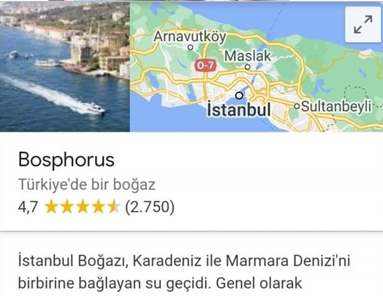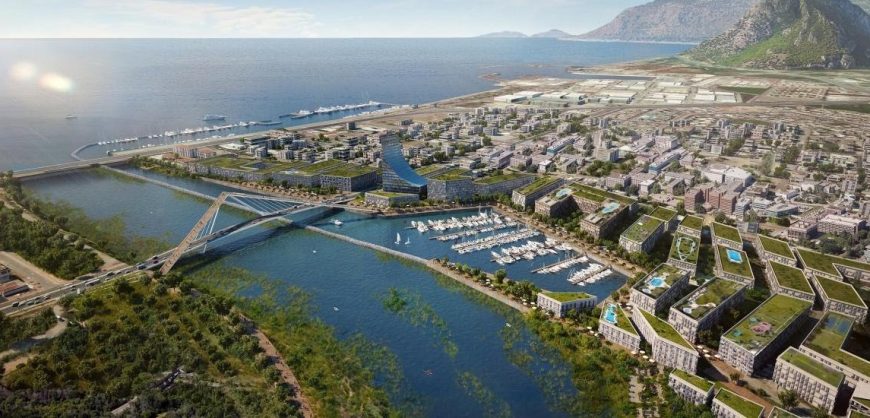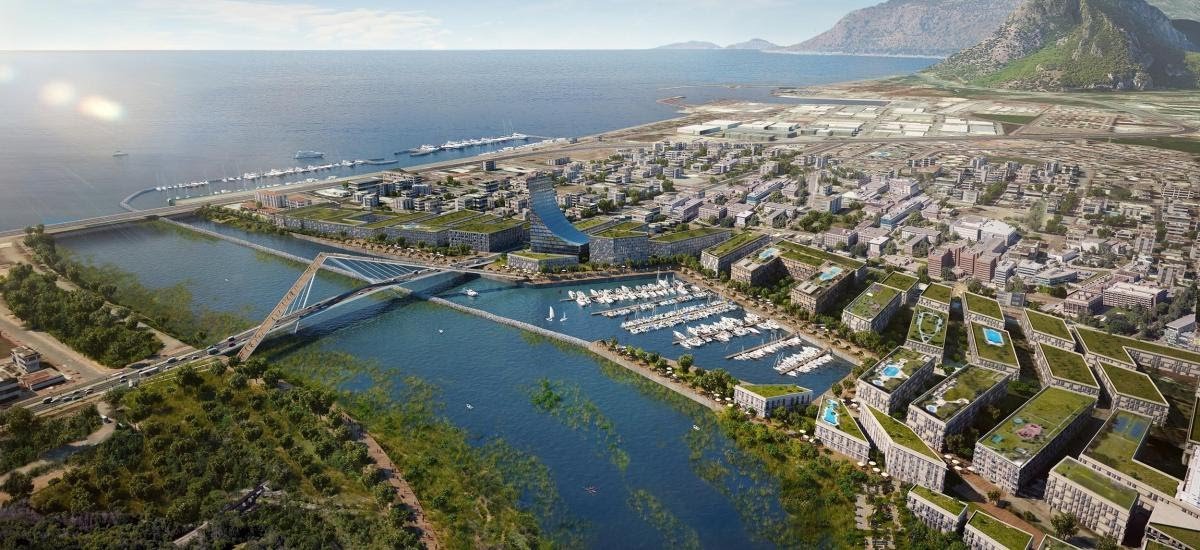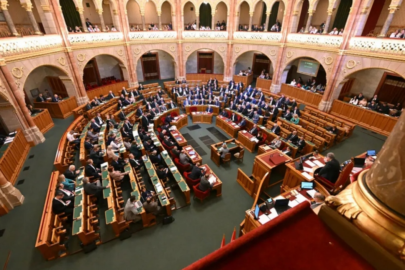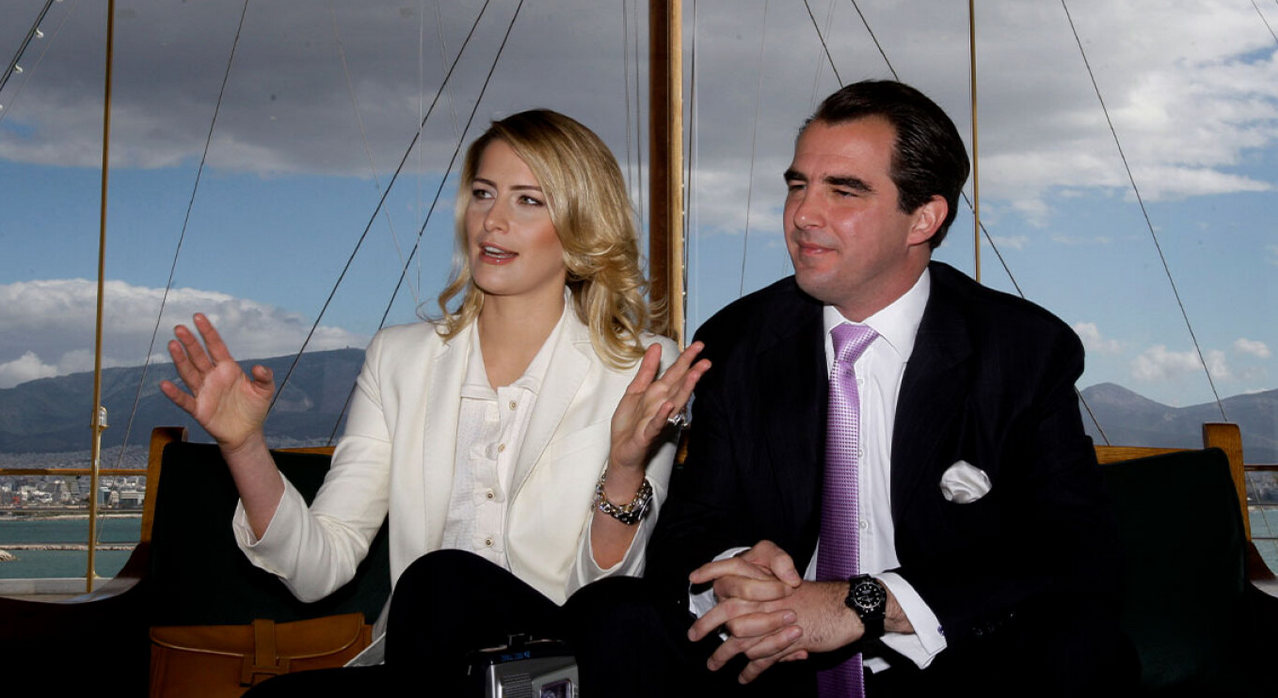In April 2011, Turkish leader Recep Tayyip Erdogan laid out his vision for a nearly 50-kilometre canal linking the Marmara and Black seas parallel to the Bosphorus Strait, some 20km to the east. A decade later, after countless stops and starts, Turkish officials expect to break ground next month on the $20 billion project, which Mr Erdogan himself describes as “crazy”.
A growing chorus of critics might agree. Leading the charge is Istanbul Mayor Ekrem Imamoglu, widely seen as Mr Erdogan’s main challenger in the next presidential vote, set for 2023. He views the project as a betrayal, arguing that locals need jobs and health and financial security a great deal more than a pricey new waterway. Nearly three of every four Istanbul residents concurs, according to a 2019 survey.
Istanbul represents one-fifth of Turkey’s population and more than one-third of its gross domestic product. But the Turkish economy has been stagnant since a mid-2018 currency crisis, with a steadily declining lira, massive foreign debt and persistently high inflation and unemployment. The pandemic has made matters worse, driving more than 1.5 million Turks into poverty. And a few days ago, Turkey entered its harshest lockdown yet amid record-high Covid-19 deaths.
Workplace Accidents In Europe (infographic)
Skyscraper Construction: Nobody Comes Close To China (infographic)
Mr Erdogan has vowed to go ahead with the canal, arguing that it will attract much-needed foreign investment and spark economic activity. Top Turkish officials and wealthy foreigners have reportedly snapped up land along the planned route, leading to a sharp increase in real estate prices.
The government estimates the canal will generate $5bn in annual transit fees and curb traffic on the Bosphorus, which sees about three times as many ships as the Suez or Panama canal. Many critics denounce the proposal out of environmental concerns, citing predictions that the canal will destroy great swathes of farmland and the coastal habitats of many species and imperil marine ecosystems from the Black Sea to the Mediterranean.
Read more: The National News

